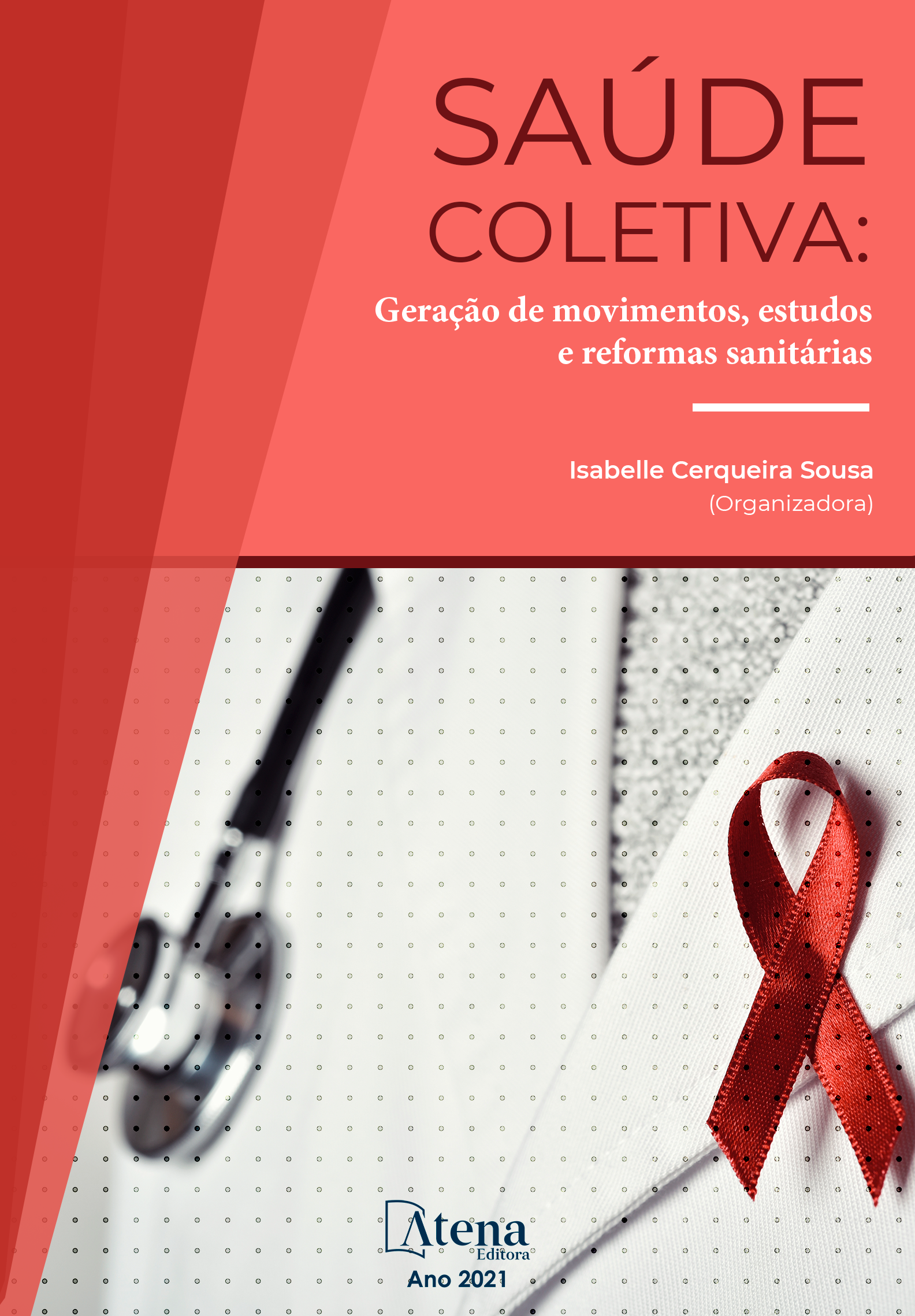
SÍFILIS CONGÊNITA E O CUIDADO COMPARTILHADO ENTRE MATERNIDADE E ATENÇÃO BÁSICA
A sífilis congênita (SC) é um problema de saúde pública e o tratamento do recém-nascido (RN), de forma adequada, reduz as manifestações clínicas e aumenta a cura sorológica no terceiro mês. O tratamento do RN com SC sem neurossífilis é realizado com penicilina cristalina ou procaína e tem duração de 10 dias. Temos o objetivo de descrever a implantação do cuidado compartilhado da maternidade com a atenção básica para os casos de SC sem neurossífilis, a fim de reduzir o tempo de internação e humanizar o cuidado. Com a internação em unidade patológica e um melhor relacionamento da família e a equipe de saúde, o cuidado compartilhado da SC propiciou o aumento do vínculo mãe-filho com a redução do tempo de separação, e a diminuição do risco de desmame pela separação do binômio mãe-bebê. Além disso, contribuiu para a redução do risco de infecção hospitalar e a otimização dos leitos de Cuidados Intermediários.
SÍFILIS CONGÊNITA E O CUIDADO COMPARTILHADO ENTRE MATERNIDADE E ATENÇÃO BÁSICA
-
DOI: https://doi.org/10.22533/at.ed.45121281014
-
Palavras-chave: Sífilis congênita, Cuidado compartilhado, Atenção Básica, Maternidade.
-
Keywords: Congenital syphilis, Shared care plane, Primary care, Maternity hospital
-
Abstract:
Congenital syphilis (CS) is a public health problem, and adequate treatment of the newborn (NB) reduces clinical manifestations and increases serological cure in the third month. Treatment of the RN with SC without neurosyphilis is performed with crystalline or procaine penicillin and lasts for 10 days. We aimed to describe the implementation of shared care between the maternity ward and primary care for cases of neurosyphilis-free CS, in order to reduce hospitalization time and humanize care. With hospitalization in a pathology unit and a better relationship between the family and the health team, the shared care for CS provided an increase in the mother-child bond, with a reduction in the time of separation, and a decrease in the risk of weaning due to the separation of the mother-baby binomial. In addition, it contributed to reducing the risk of hospital infection and the optimization of Intermediate Care beds
-
Número de páginas: 16
- Mariliza Henrique da Silva
- Monica Carneiro
- Sandra Regina Ferreira Passos
- Rodolfo Strufaldi
- Claudia Maria Ribeiro Martins Gonçalves
- Fernanda Leticia Souza Batista
- Ariane Angélica Zaragoza
- Lea Glinternick Bitelli
- Katia Regina da Silva
- Cássia Mazzari Gonçalves
- Gleise Aparecida Moraes Costa
- Cibele Wolf Lebrão


